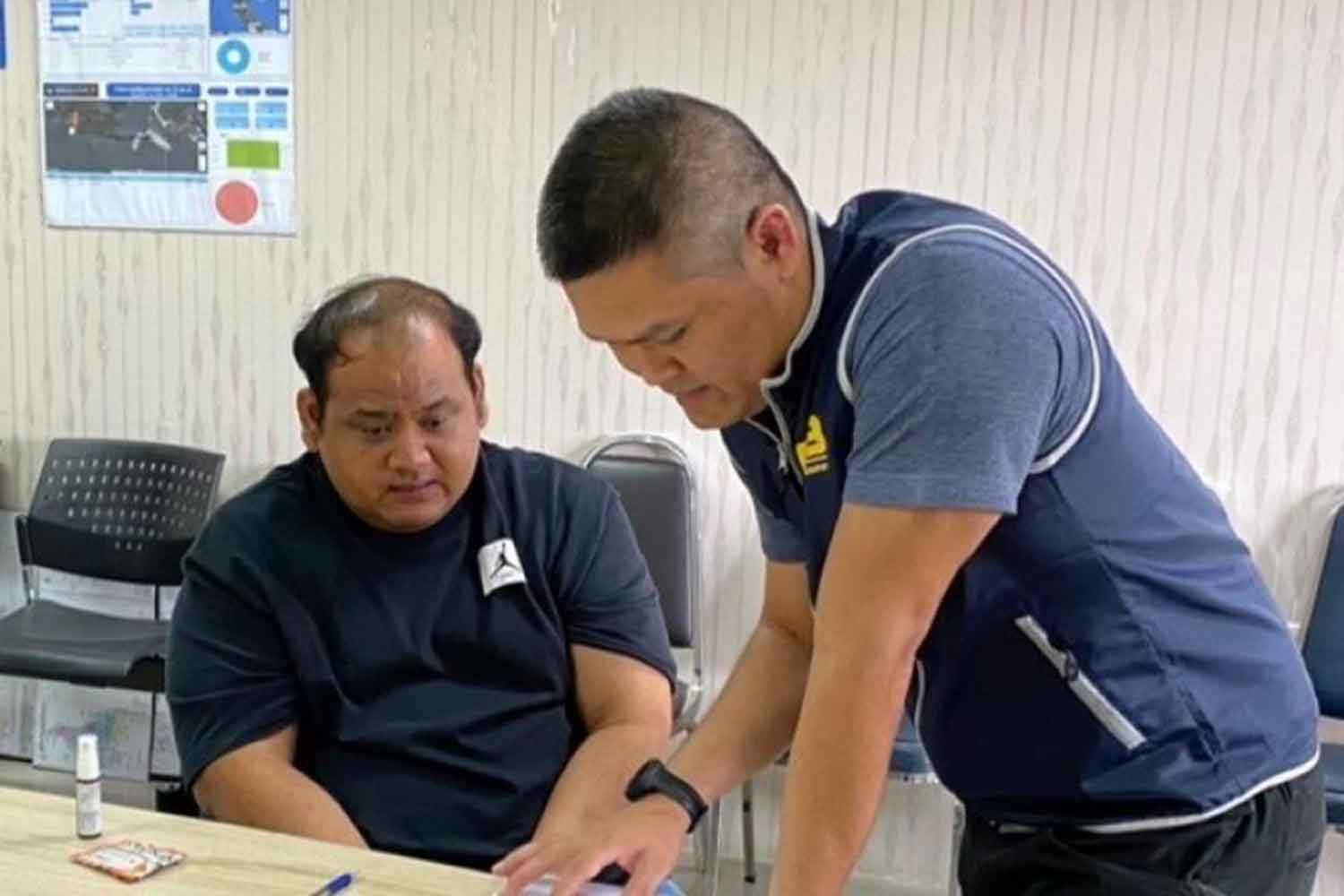
A huge majority of people believe there are some state officials, including police, who serve and protect mafia-style influential figures in the country, according to an opinion survey by the National Institute of Development Administration, or Nida Poll.
The poll was conducted on Sept 12-14 by telephone interviews with 1,310 people aged 18 and over of various levels of education, occupations and incomes across the country to compile their opinions about relations between people with "dark influence" and state officials in Thai society.
Asked about mafia-style influential figures in their provinces, 49.54% said there are no such persons in areas where they live; 26.34% pointed to local politicians; 15.95% kamnan (tambon chiefs), phuyaiban (village chiefs) and their assistants; 15.80% police; 13.21% state officials; 12.14% operators of "shady" businesses; 6.03% operators of general businesses; 5.95% national-level politicians; 5.04% gunmen for hire and gangsters; 4.81% military figures; 2.44% chairs and members of community committees; and 0.76% mass media and people in entertainment circles. A further 0.38% did not know or were not interested.
- Editorial: The gangsters in police uniform
Asked whether they would dare to have problems or conflicts with influential figures, 60.30% said "absolutely not"; 16.34% they would rather not; 12.75% said they would; 9.08% might possibly; and 1.53% did not know or were not interested.
Asked whether they were confident they will be protected and given justice by state officials or police in case they have a problem or a conflict with influential persons, 38.39% said "no", not at all; 37.10% said they are not sure; 13.51% said they were fairly confident; 9.92% said they were highly confident; and 0.54% did not know or were not interested.
Finally, when asked whether they believed some police and state officials have acted as servants and protectors of mafia-style influential figures. 59.77% said "yes, for sure"; 26.49% "yes", moderately; 8.32% didn't think so, but were not certain; 4.35% "no, definitely not", and 1.07% did not know or were not interested.